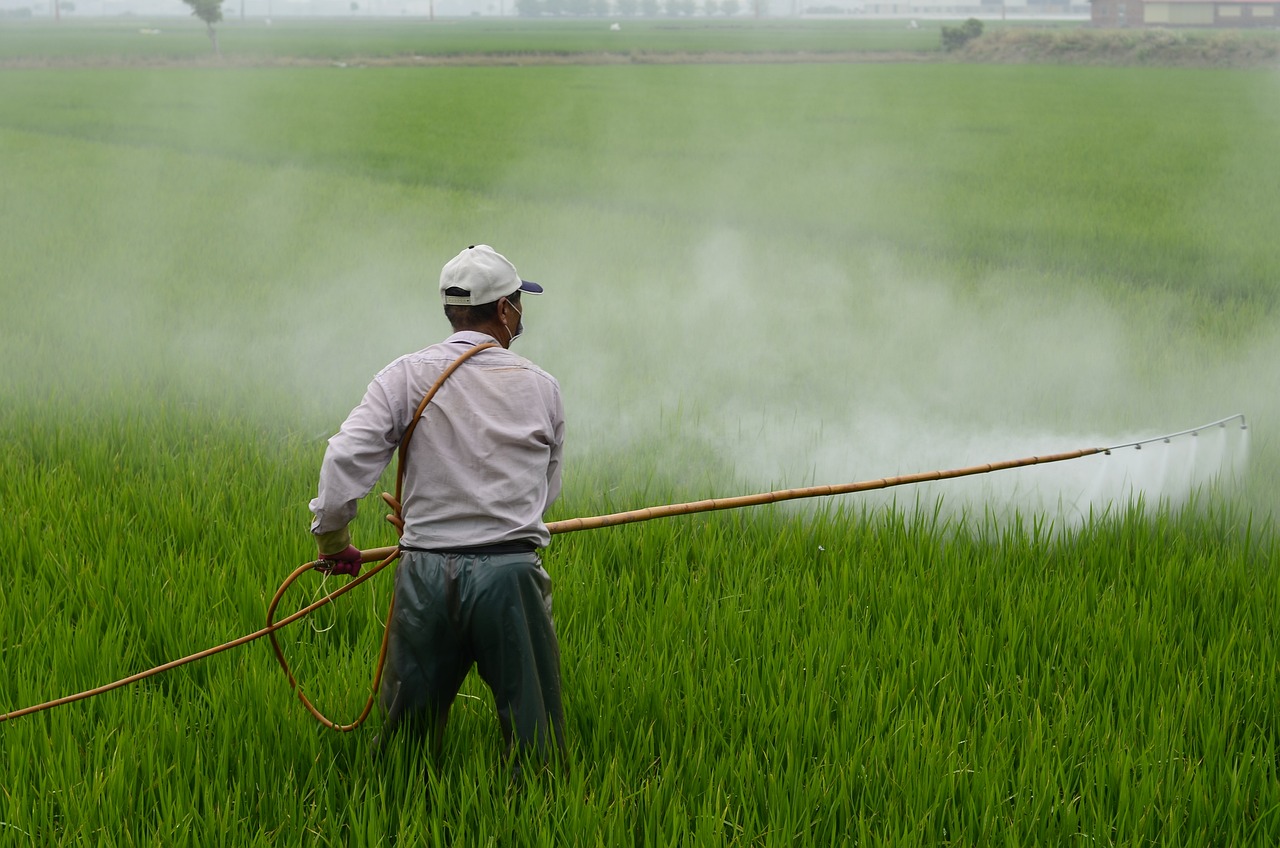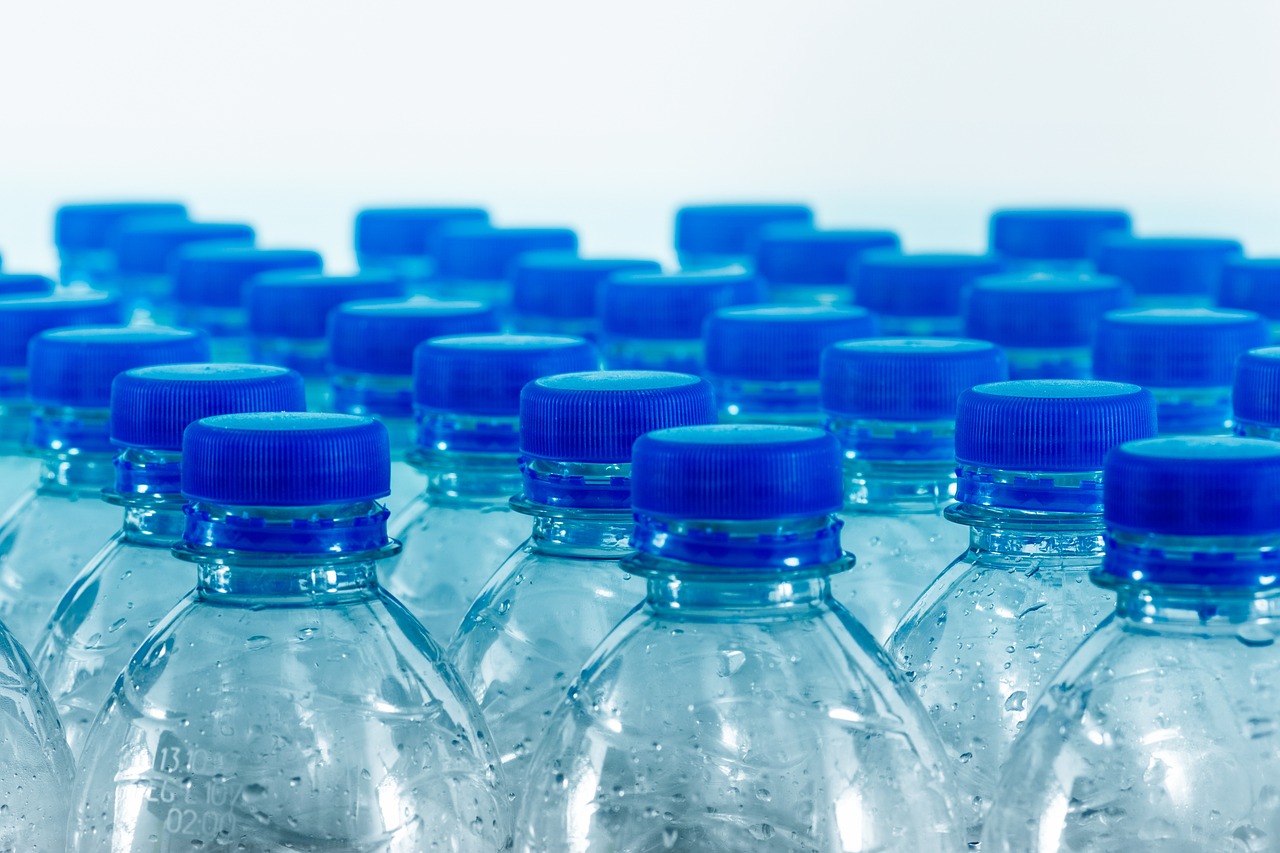Developing countries are supported by the Multilateral Fund (MLF) to Support the Implementation of the Montreal Protocol which provides financial and technical assistance.
Hydrofluorocarbons (HFCs) were introduced as alternatives to ODS but pose a different threat as potent greenhouse gases. To address this, the Kigali Amendment was agreed upon in 2016, listing HFCs as controlled substances and aiming to gradually reduce HFC production and consumption by 80-85% by the late 2040s. The amendment emphasizes the importance of adopting low-GWP alternatives and energy-efficient technologies, aligning with the Montreal Protocol's objectives for ozone protection while also achieving climate benefits.
The Montreal Protocol is widely considered the most successful multilateral environment agreement, but it still faces many challenges. This includes preserving the victories by improving monitoring, reporting and verification and reducing illegal trade. It also presents many new exciting opportunities to increase ambition, including strengthening the HFC phase-down and addressing unfinished business, such as industrial emissions and feedstocks. Urgent action is needed to preserve the victories and seize the opportunities. CEJAD in partnership with the Environmental Investigation Agency (EIA) is implementing a project « Promoting Fast Action to reduce emissions of fluorinated greenhouse gases (F-Gases) and Ozone Depleting Substances (ODS) » funded by the Children’s Investment Fund Foundation (CIFF). Through the project, CEJAD is advocating for more ambitious policies to fulfill the full potential of the Montreal Protocol.
Our Campaign aims at:
- Strengthening commitments to reduce HFCs by accelerating the Kigali Amendment and ensuring real reductions through ExCom guidelines and projects.
- Enhancing implementation and compliance by improving monitoring, reporting, verification and enforcement (MRV+E) mechanisms, while also raising awareness of the impact of ODS and HFC emissions.
- Resolving pending issues by eliminating emissions from HFC-23 and other fluorochemical production-related sources, and reducing exemptions for feedstocks.
- Decreasing emissions of ODS and HFCs by addressing leaks from existing banks and preventing environmental dumping, while promoting a lifecycle approach to refrigerant management.
- Tackling nitrous oxide (N2O) emissions by addressing industrial sources of N2O at the Montreal Protocol and improving improving global governance on nitrogen in relevant forums.
- Holding corporations accountable to expedite market transformation and facilitate the implementation of stronger regulations.
- Sustaining political commitment across different sectors and increasing financial support for HFC-related actions to ensure the success of the Montreal Protocol.






